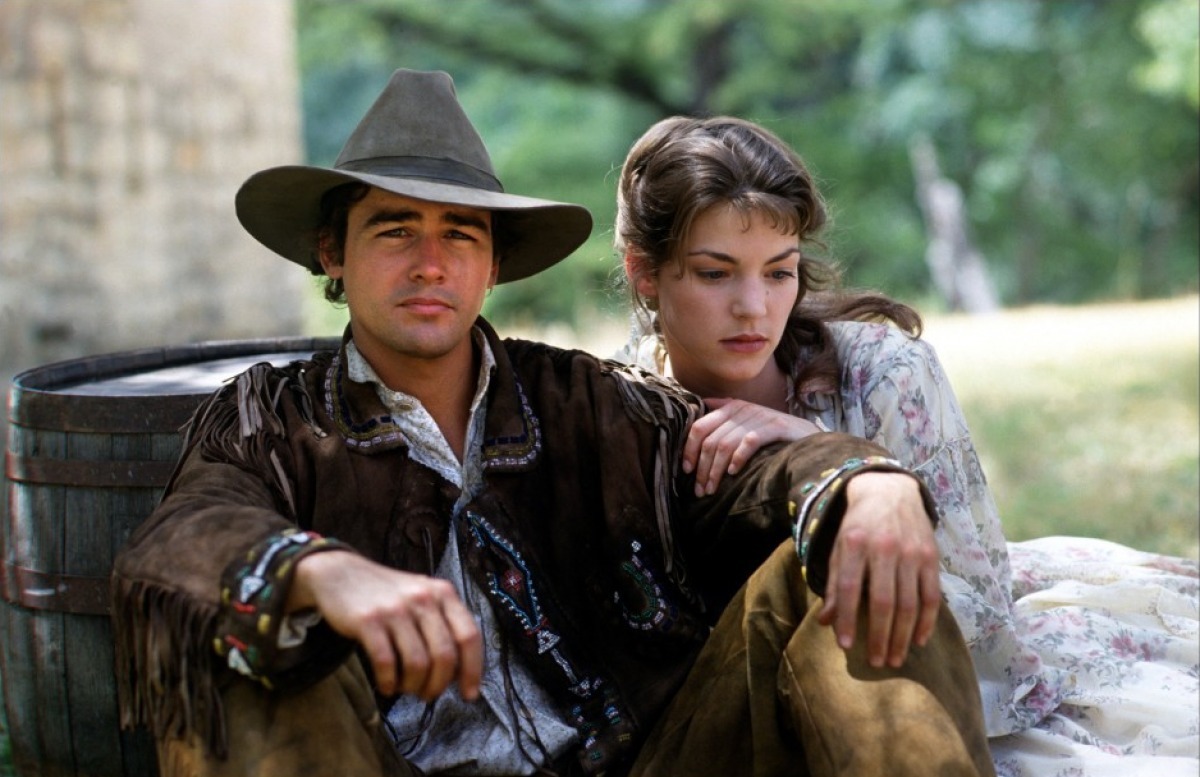

The 12th century, one subtle turning point.

The starting point of the journey is year 1257 AD and attempts to be as historically accurate as possible.Ī continuation of the original "1257 AD." Adds a multitude of new things to enhance and polish gameplay. This mod attempts to reflect the reality of 13th century Europe. I will try my best to make the translation perfect in the next day. My friends help me to translate 80% of them into English. The mod was born in 2008, and I released it on Warband in 2018. This mod is based on “Water Margin”, one of the Four Great Classical Novels in Chinese literature. That night, Howe was inspired to write new, more poetic lyrics to the song, publishing the result in February 1862 in the Atlantic Monthly.Hello Everyone! I'm aliang227 from China. While touring Union camps in northern Virginia, Howe heard them singing “John Brown’s Body,” which honored the radical abolitionist who was executed for leading a raid on Harper’s Ferry. The story of one of the nation’s most enduring anthems began during the Civil War, when the poet and activist Julia Ward Howe visited Washington, D.C. And in the 1950s, it was sung by white women protesting the integration of schools in Arkansas and elsewhere.” 'The Battle Hymn of the Republic' “It was embraced by the segregationist Dixiecrats in the 1940s.

“‘Dixie’ was part of the score of Birth of a Nation, the movie that helped revive the Ku Klux Klan,” writer Tony Horwitz told NPR in 2018. Years after the war concluded, “Dixie” was embraced by white southerners seeking to revive the idyllic image of the Confederacy, along with white supremacy in the South. The song became a popular hit before it was appropriated by the Confederacy as a patriotic anthem during the Civil War, with even President Lincoln later praising it as “one of the best tunes I have ever heard.” Daniel Emmett originally penned "Dixie" in Ohio in 1859 as the concluding number for a minstrel show. These performances, which were demeaning to African Americans, were a popular form of entertainment at the time and featured white performers, donned in blackface, acting out scenes of Southern life. Ironically, the most enduring song linked to the former Confederacy was written by a Northern composer. READ MORE: 6 Black Heroes of the Civil War The Legacy of 'Dixie'


 0 kommentar(er)
0 kommentar(er)
